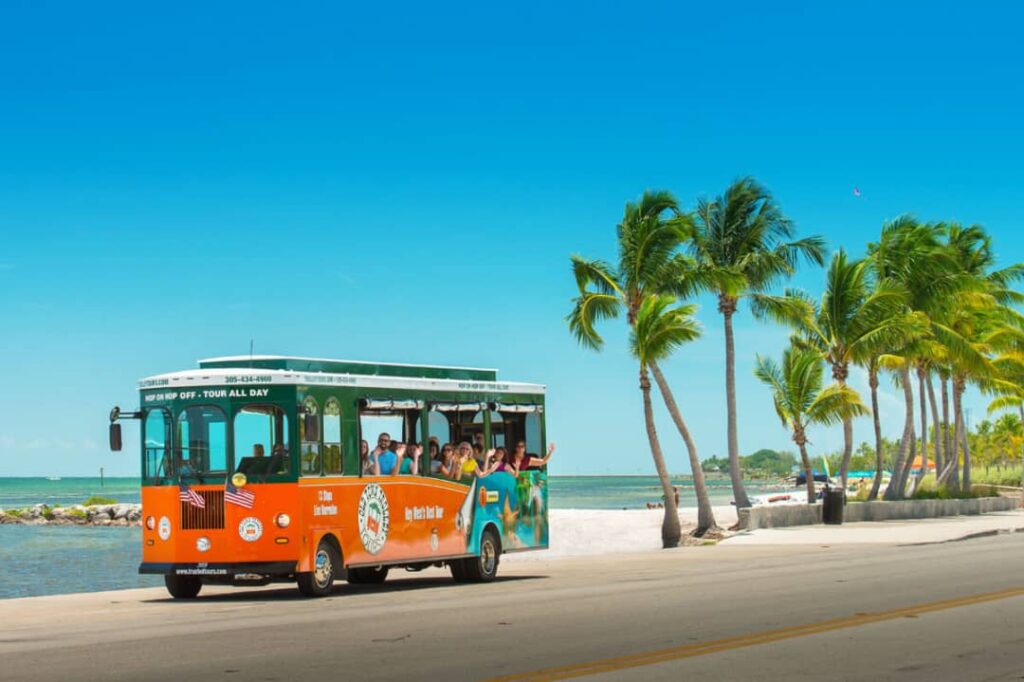
Discover Weed in Kenya: Culture, Law, and Reality
Kenya, often described as the “heartbeat of Africa,” is a country of contrasts. It stretches from the Indian Ocean coastline to the vast savannahs, from Nairobi’s fast-growing tech hubs to the great Rift Valley, and up into the snow-capped peaks of Mount Kenya. Tourists come here for safari adventures, rich culture, and warm hospitality.
But alongside the beautiful landscapes and rich traditions, a common question surfaces among curious travelers and even locals: what’s the reality of weed in Kenya?
Cannabis—often called bhang in East Africa—has a long, complicated relationship with Kenyan society. This article explores that history, the laws, the risks, the myths, and the alternatives for anyone considering “discovering” weed in Kenya.
1. A Brief History of Cannabis in Kenya
Cannabis is not new to East Africa. Historical records suggest that Indian laborers who worked on the colonial railway in the late 1800s introduced bhang (a Hindi word for cannabis) to Kenya. Over time, it spread into rural communities and urban youth culture, becoming part of informal traditions.
- In rural areas, especially among some communities, cannabis has been used quietly for traditional healing, relaxation, and rituals.
- In urban centers, it became associated with reggae culture, Rastafarian communities, and youth rebellion.
Despite its popularity, it has always remained illegal under Kenya’s laws. Still, cannabis has been an open secret in parts of Nairobi, Kisumu, and Mombasa.
2. The Legal Status of Weed in Kenya
Here’s the plain truth: Weed is illegal in Kenya.
- Under the Narcotic Drugs and Psychotropic Substances Control Act (1994), possession, use, or trafficking of cannabis can lead to heavy fines and imprisonment.
- The law does not distinguish between “small amounts for personal use” and large quantities. Even being caught with a single joint can land you in trouble.
- Punishments can include up to 10 years in prison for possession and even harsher penalties for trafficking.
That said, enforcement is uneven. In some neighborhoods, especially in Nairobi’s informal settlements, weed is sold and smoked openly. In other places, particularly near police presence or tourist hubs, law enforcement can be strict.
3. The Social Attitude Toward Cannabis
Kenyan society is divided on weed.
- Youth and urban communities often embrace it, connecting cannabis to music, freedom, and counterculture. Reggae and hip-hop concerts in Nairobi, for example, often have a strong cannabis presence in the crowd.
- Older and more conservative communities view it as destructive, associating it with crime, laziness, and poverty.
- The Rastafarian movement in Kenya openly advocates for cannabis as part of spiritual practice, but they often clash with the law.
So while you might see it around, don’t mistake cultural acceptance in certain groups for legal protection.
4. The Push for Legalization
In recent years, there has been growing debate about legalizing or decriminalizing weed in Kenya.
- Some politicians have suggested cannabis could become a cash crop for export, especially for medical purposes.
- Public figures, including lawyers and musicians, have openly campaigned for legalization.
- Kenya’s neighbors—like South Africa, where private cannabis use is legal, and Rwanda, which has invested in medical cannabis farming—are adding pressure to the conversation.
However, as of 2025, cannabis remains firmly illegal in Kenya, and legalization is still a controversial political issue.
5. Can You Buy Weed in Kenya? The Reality
Let’s be clear: it’s not difficult to find weed in Kenya, especially in Nairobi, Kisumu, and Mombasa. In certain neighborhoods, sellers approach foreigners, and you’ll sometimes hear whispers of bhang or kush near bars and bus stops.
But the risks are very real:
- Scams: Tourists are often tricked into paying for weed that never arrives.
- Police stings: Undercover officers sometimes pose as sellers. Getting caught in such a setup can mean arrest, bribes, or worse.
- Unreliable quality: Street weed can be mixed with unknown substances, leading to dangerous effects.
So while it may exist, seeking it out—especially as a foreigner—can quickly turn your trip into a nightmare.
6. What Happens If You’re Caught
If you’re caught with weed in Kenya, consequences can include:
- Immediate arrest and detention.
- Bribes: Unfortunately, petty corruption is common. Some officers may demand bribes instead of taking you to court.
- Court cases: If charged, you could face years in prison. Foreigners are sometimes deported but not always.
Simply put, the cost far outweighs the experience.
7. Safer Alternatives to Weed in Kenya
The truth is, Kenya offers plenty of natural highs that are perfectly legal, safe, and culturally rich. If your aim is to relax, expand your mind, or connect with local culture, here are some alternatives:
🌿 Traditional Herbal Teas
Kenya has a long tradition of herbal medicine. Teas made from herbs like hibiscus (roselle), lemongrass, or moringa can provide calming and refreshing effects.
🍵 Kenyan Chai
The national drink, Kenyan spiced chai, is a social ritual in itself. Sitting with locals, sipping steaming tea, and sharing conversation gives a genuine feeling of connection.
🍺 Tusker Beer and Palm Wine
If you’re looking for a social buzz, Kenya’s local beers (like Tusker) are iconic. In coastal areas, try palm wine (mnazi)—a naturally fermented drink enjoyed fresh from the tree.
🥭 Natural Fruits
Kenya’s tropical fruits—mangoes, pineapples, passionfruit, and avocados—are an explosion of flavor. Eating them fresh feels like a natural body lift.
🎶 Music and Dance
Kenya’s music scene—benga, gengetone, Afro-fusion, and reggae—is deeply tied to mood and movement. Joining locals in a music club in Nairobi can give you the same communal “high” as any substance.
🏞️ Nature and Safaris
Few experiences in life match the rush of seeing lions, elephants, and giraffes in the wild. Kenya’s national parks, from the Maasai Mara to Amboseli, provide natural exhilaration that goes beyond any drug.
8. The Spiritual High
For many Kenyans, spirituality is central to life. Visiting a Maasai village, attending a church choir service, or joining a traditional drumming circle offers a form of connection and upliftment far stronger than weed.
The sense of belonging and cultural immersion is often described as a “spiritual high”—something that stays with you long after you leave Kenya.
9. Advice for Travelers
If you’re visiting Kenya and tempted to try weed, here’s what you should keep in mind:
- Don’t risk it. The legal consequences are too severe.
- Be aware of scams. Many “dealers” targeting tourists are either scammers or police.
- Respect local culture. Even where it’s used openly, remember it’s still illegal.
- Embrace safer experiences. Food, music, and nature in Kenya can give you the same sense of joy without the risks.
Final Thoughts
Kenya is a country of rhythm, spirit, and natural wonder. While cannabis—bhang—has a place in its underground culture and political debates, it remains firmly illegal and risky to pursue.
Instead of chasing weed, immerse yourself in what Kenya truly offers: sunsets over the Rift Valley, chai shared with strangers who become friends, music that makes your body move, and the thrill of standing a few feet away from elephants on the savannah.
In Kenya, the real high doesn’t come from a rolled joint. It comes from life itself.
Would you like me to also create a city-specific version (like Discover Weed in Nairobi or Discover Weed in Mombasa) that dives into how cannabis culture shows up differently across Kenya’s regions? That could give you even more depth for your project.
